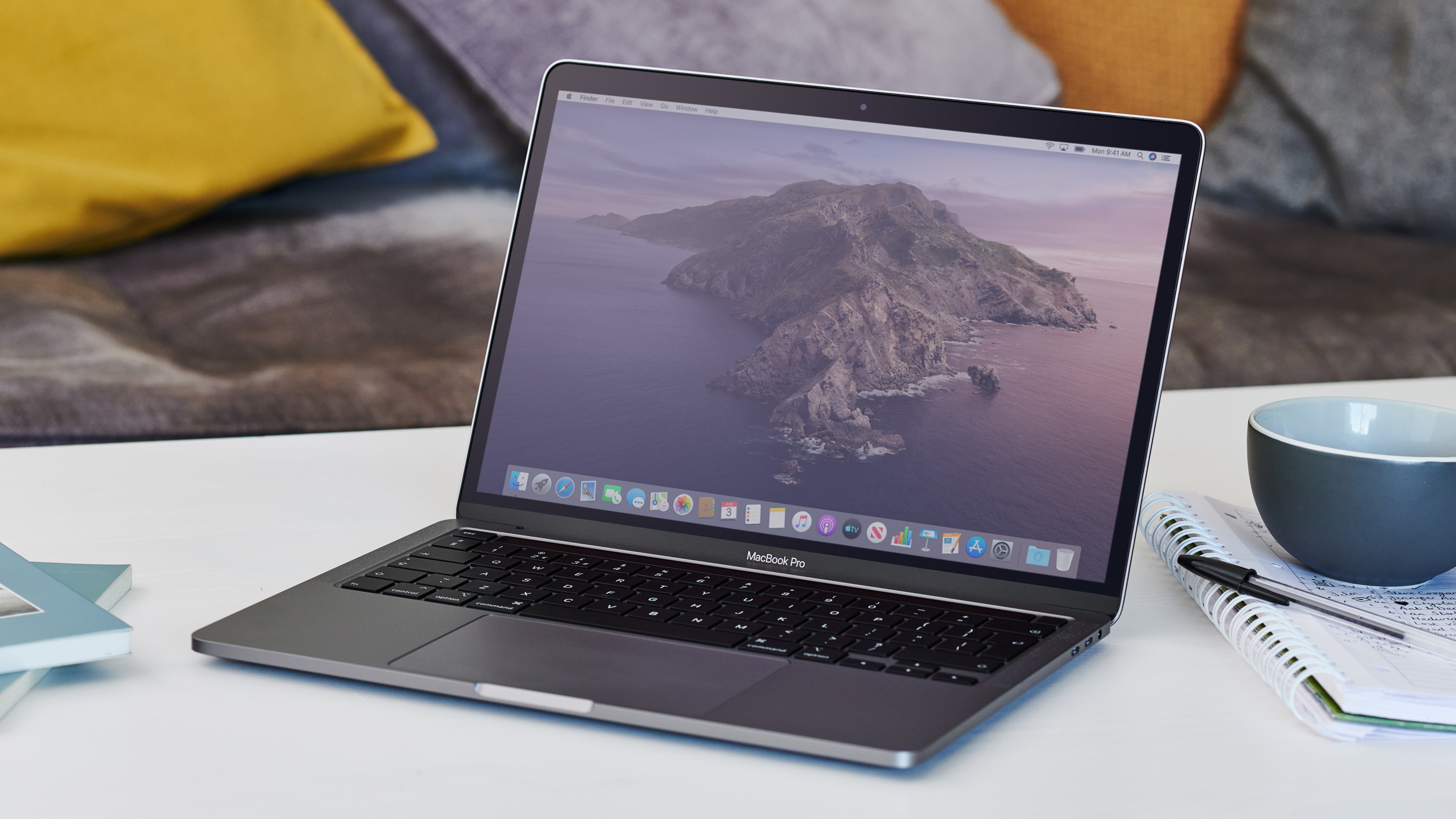Most Intel MacBook Pro laptops could miss out on macOS 26 according to new rumor – will future updates be Apple silicon only?
Entry-level MacBook Pros from 2020, and possibly 2019 models too, are rumored for the chop

- There’s a new rumor about which Macs are compatible with macOS 26
- In theory, the lower-end models of the MacBook Pro 13-inch from 2020 are ruled out
- Logically, this also means that MacBook Pro models from 2019 won’t be compatible, either – though there could be an exception in that regard
The latest from the rumor mill on compatibility with the next version of macOS is tentatively ruling out a surprisingly new Mac with an Intel chip, a MacBook Pro from 2020 to be precise.
A fresh list of compatible Macs for what’s supposedly macOS Tahoe (or macOS 26) comes from a private source on X that 9to5Mac flagged up. The tech site notes that it’s keeping the account anonymous, which is fair enough, but that it’s a trustworthy source that “regularly shares accurate information” on Apple’s software plans.
The list of Macs that are 'good to go' with macOS Tahoe echoes the previously leaked one, lending more weight to that, but it adds another laptop: Apple’s MacBook Pro 13-inch from 2020, the entry-level model with just two Thunderbolt ports rather than four. (And there are potentially more MacBook Pro models left out in the cold here, by logical extension, and I’ll come back to that point shortly).
However, the source doesn’t sound fully convinced about what they’ve heard, adding that they “don’t quite believe it” as 9 to 5 Mac notes.
So, assuming this is true, we have a slightly revised list of Macs that are going to be compatible with macOS 26 (apply some seasoning now):
- MacBook Air M1 or later
- MacBook Pro (2020, 4 port model) or later
- iMac 2020 or later
- Mac mini M1 or later
- Mac Pro 2019 or later
- Mac Studio all models
If this pans out, it isn’t difficult to imagine that the following incarnation of macOS that lands in 2026 might only support Apple silicon.
Analysis: Some tricky compatibility wrinkles?

Previously the thinking was that only those with a MacBook Pro 2018 wouldn’t be dealt into the hand for macOS Tahoe, but it seems much newer models could be out of luck for support here.
Sign up for breaking news, reviews, opinion, top tech deals, and more.
Okay, so that does feel rather unlikely, which is why the source indicates their own skepticism about what they’ve been told. But still, there is some sound logic at play here, as 9 to 5 Mac points out. This lower-end two-port model of the MacBook Pro 2020 was equipped with an older CPU than the four-port version, an Intel 8th-gen (Coffee Lake) chip, compared to a 10th-gen (Ice Lake) processor.
So, that might potentially be a key difference in the compatibility stakes. With the MacBook Pro 2019 using 8th-gen CPUs, too, that’ll theoretically be ruled out too, although there’s an exception in the 16-inch spin of the 2019 laptop crop which packed a 9th-gen chip.
However, if Apple is going to cut off access to a MacBook Pro 2020 model (with 8th-gen CPU), then it’d maybe seem a little odd to cater to one of the 2019 flavors before it. Granted, we could end up in a situation where Apple caveats that the MacBook Pro 2019 16-inch model is okay. However, it just seems cleaner in the scenario where Apple rules out the potentially problematic MacBook Pro 2020 model, that it’d also simply cut out everything before it.
This rumor might be barking up the wrong compatibility tree completely, mind you, and the previous speculation could be correct. We’ll find out soon enough, later today in fact, when Apple will take the wraps off what should be macOS Tahoe at WWDC 25.
You might also like...
Darren is a freelancer writing news and features for TechRadar (and occasionally T3) across a broad range of computing topics including CPUs, GPUs, various other hardware, VPNs, antivirus and more. He has written about tech for the best part of three decades, and writes books in his spare time (his debut novel - 'I Know What You Did Last Supper' - was published by Hachette UK in 2013).
You must confirm your public display name before commenting
Please logout and then login again, you will then be prompted to enter your display name.